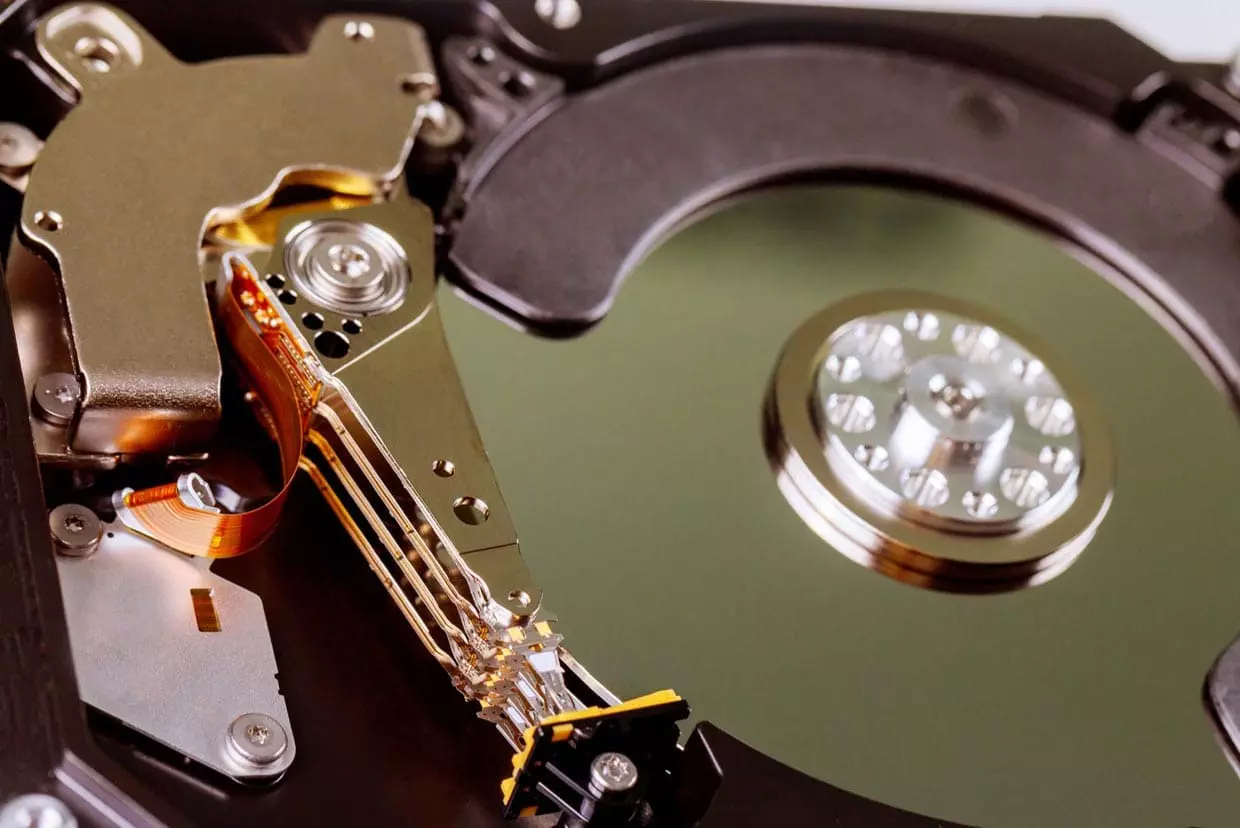
Recover Data from HDDs
Hard drives (HDDs) have long been the most common form of data storage on computers and devices. However, they are subject to failures that can result in data loss. Data recovery on an HDD involves specific techniques to deal with different types of failures and ensure the preservation of information.
What is HDD Data Recovery?
HDD data recovery refers to the process of restoring and recovering lost, corrupted, or inaccessible information stored on a hard drive. This may be necessary due to hardware failures, software errors, data corruption, accidental deletions, or physical damage to the disk.
Types of HDD
There are different types of hard drives, with variations in capacity, format and connection interface:
• Internal HDDs for Desktops and Laptops: Designed for use in desktop computers (desktops) and laptops, they come in varying sizes, such as 3.5 inches for desktops and 2.5 inches for laptops.
• External HDDs: These are hard disk drives that connect to a computer through USB ports or other external interfaces. They are used for external storage and portability.
• HDDs for Data Centers and Servers: These are high-capacity, high-performance drives designed for use in data center and server environments.
• Surveillance-Specific HDDs: These are HDDs developed for video surveillance systems, optimized for continuous recording and 24/7 operation.
• High Speed or Performance HDDs: Some HDDs are optimized for higher read and write speeds and are used in situations where performance is critical.
• Network Storage (NAS) HDDs: These are hard disk drives designed for use in NAS (Network Attached Storage) networks, offering specific capabilities and reliability for these environments.
HDD manufacturers
The hard drive manufacturers currently on the market are:
• Seagate: Recognized for its broad line of HDD and SSD hard drives, Seagate offers options for use in personal computers, business systems and servers.
• Western Digital (WD): WD is another leading manufacturer that offers a variety of hard drives, from high-capacity HDDs for data storage to high-speed SSDs for optimized performance.
• Toshiba: Toshiba also produces a variety of HDD and SSD hard drives, meeting the storage needs of different market segments.
Types of HDD Failures
Hard drive failures can occur in a number of ways, including:
• Mechanical Component Failures: Damage to internal components, such as read/write heads, scratched disks, or disk motor, can lead to data inaccessibility.
• Data Corruption: Read/write errors, electrical interference, or file system corruption can result in data corruption stored on the HDD.
• Logical Failures: Software issues, such as bad sectors, operating system corruption, or viruses, can lead to loss of access to data.
• Accidental Data Deletion: Accidentally deleting files or improperly formatting the hard drive can result in the loss of important data.
• Wear and Useful Life: Over time, hard drives can experience natural wear and tear, reducing their reliability and increasing the likelihood of failure.
Hard drive data recovery involves specific approaches to dealing with different types of failures, from hardware problems to software errors or data corruption. Prevention through regular backups and the use of specialized data recovery services is fundamental to ensuring the security and preservation of data stored on these storage devices.
